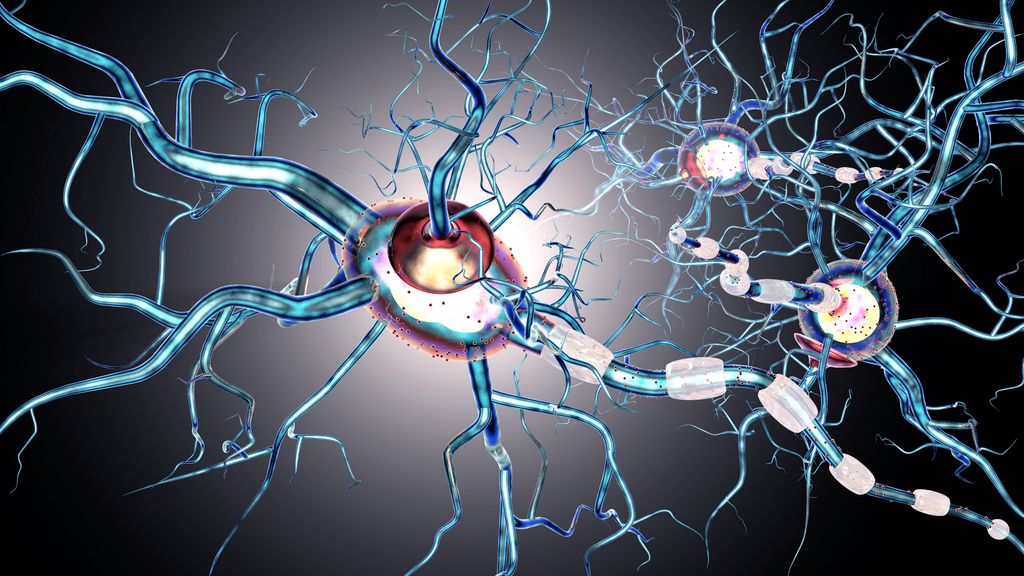Since the SARS-CoV-2 pandemic began to worsen in early-2020, numerous studies have been released probing the impact of the coronavirus on mental health. In a new study, released online in the Journal of Neurology, a team of researchers associated with the Kessler Foundation showed the impact COVID-19 had on people with progressive multiple sclerosis (PMS).
For the new study, researchers gathered data of 131 patients with PMS as part of a randomized clinical trial on rehabilitation based in more than 10 centers in the U.S. and Europe. All restrictions and procedures put forth by top health officials, regardless of interruption to their study, were implemented during the COVID-19 pandemic.
A survey through either electronic communication, via telephone or email, was given to all of the participants to assess mental health, quality of life, and symptoms associated with multiple sclerosis.
According to researchers, only an infinitesimal number of participants were confirmed to have been infected by COVID-19; however, all in all, there was only minimal impact on psychological health and overall quality of life.
“Most participants reported the impact of the virus on their psychological well-being, with a little impact on financial well-being. The perceived impact of the pandemic on physical and psychological well-being was correlated with the impact of MS symptomatology on daily life, as well as changes in depression,” the co-authors inferred in their journal article.
“Overall, little change was noted in symptoms of depression or anxiety or overall quality of life.”


